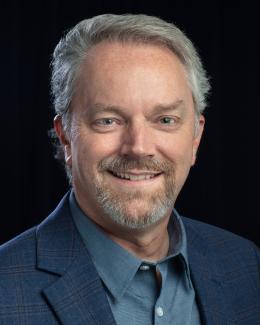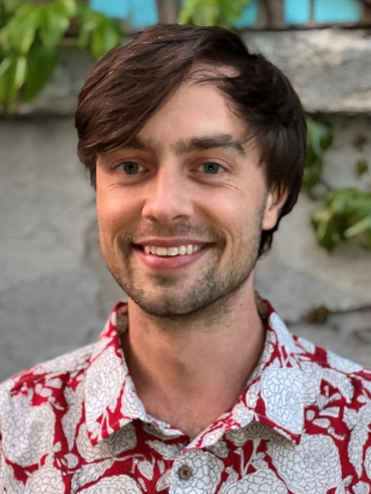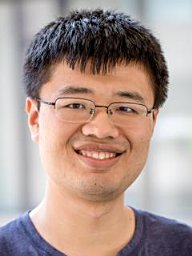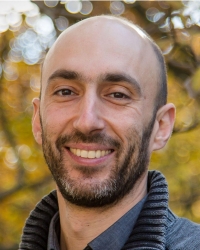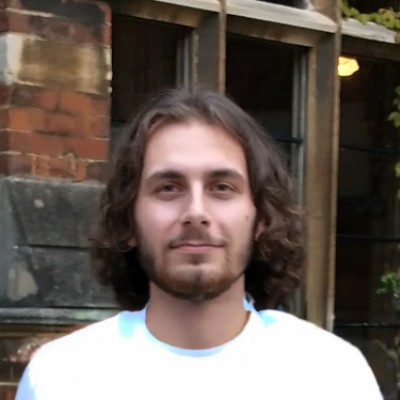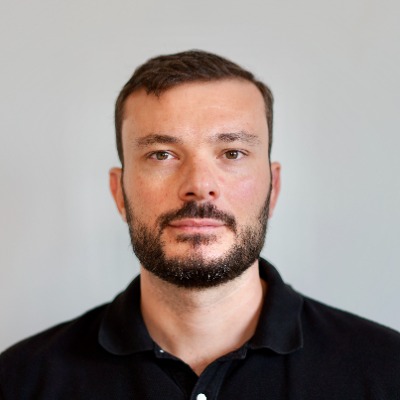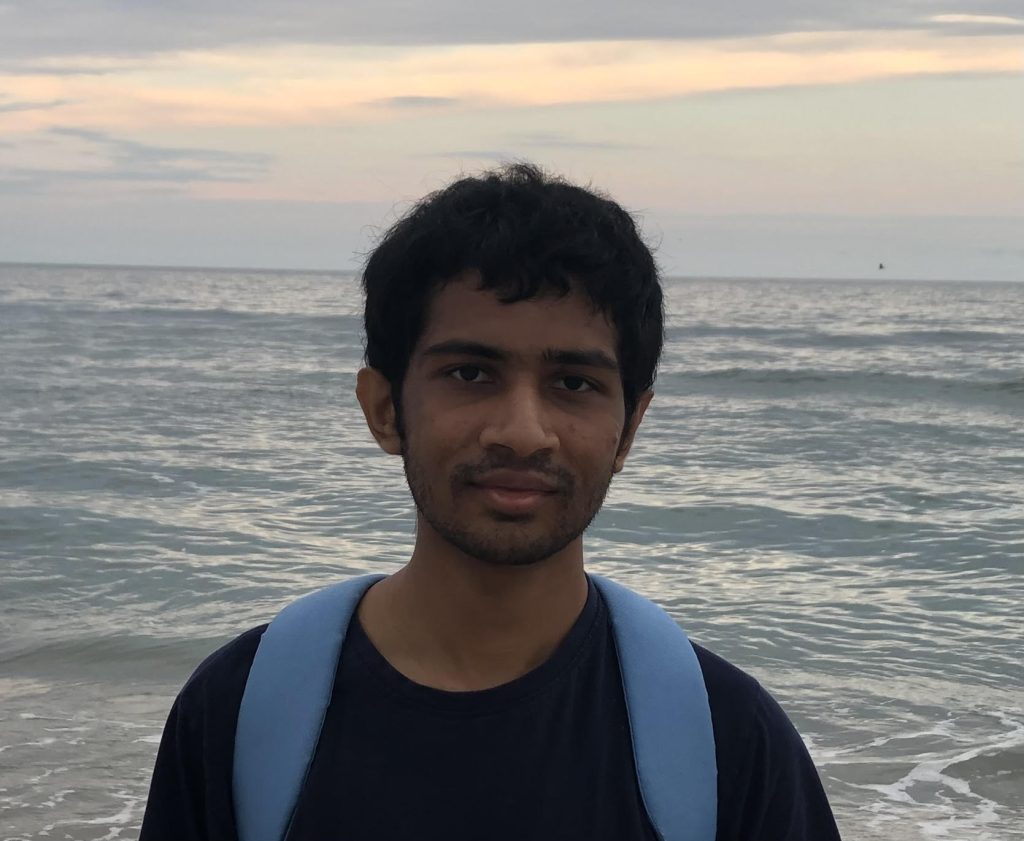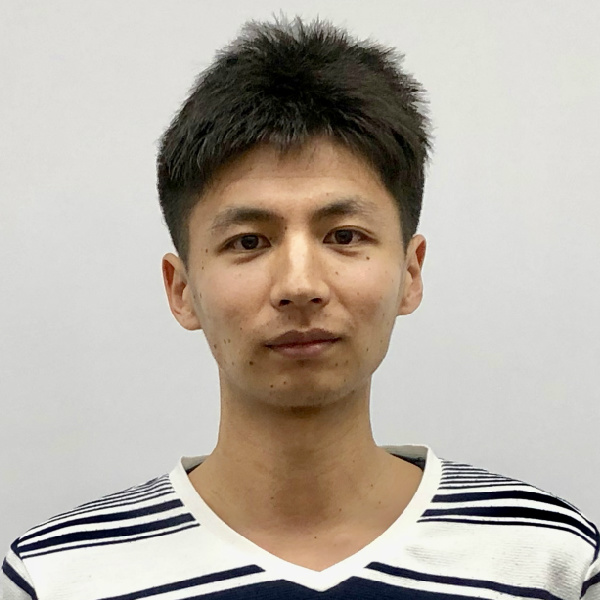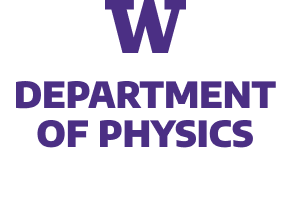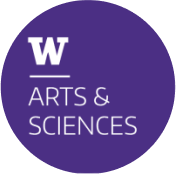Past seminars can be found on our YouTube channel : https://www.youtube.com/@IQuS-ct2ru
May 2025
May 28 2025
1:30 pm - 2:30 pm
Approaching the Continuum Limit of Gauge Theories on Quantum Computers
Marc Illa, InQubator for Quantum Simulation, UW. Online participation available.
C520 Physics and Astronomy Building
May 2025
May 21 2025
1:30 pm - 2:30 pm
Quantum simulation of far-from-equilibrium dynamics of gauge theories
Jad C. Halimeh, Max Planck Institute of Quantum Optics and LMU Munich. Online participation available.
C520 Physics and Astronomy Building
May 2025
May 14 2025
1:30 pm - 2:30 pm
Evidence for particle production in simulations of scattering on a quantum computer
Nikita Zemlevskiy, InQubator for Quantum Simulation, UW. Online participation available.
C520 Physics and Astronomy Building
May 2025
May 07 2025
1:30 pm - 2:30 pm
Co-Designing Topological Quantum Materials for Quantum Information Science
Robert G. Moore II, Scientist at ORNL. Online participation available.
C520 Physics and Astronomy Building
April 2025
Apr 30 2025
1:30 pm - 2:30 pm
Superconducting Circuits for Noise-Resilient Qubits
Max Hays, MIT. Online participation available.
C520 Physics and Astronomy Building
April 2025
Apr 23 2025
1:30 pm - 2:30 pm
Thermalization and Criticality on an Analogue–Digital Quantum Simulator
Xiao Mi, Google. Online participation available.
C520 Physics and Astronomy Building
March 2025
Mar 12 2025
1:30 pm - 2:30 pm
Programmable adiabatic demagnetization for systems with trivial and topological excitations
Mark Rudner, University of Washington. Online participation available.
C520 Physics and Astronomy Building
March 2025
Mar 05 2025
1:30 pm - 2:30 pm
Computing vacuum states of the lattice Schwinger model using qubitization and quantum subspace expansion
Lewis Anderson, IBM UK. Online participation available.
C520 Physics and Astronomy Building
February 2025
Feb 26 2025
1:30 pm - 2:30 pm
Error-corrected fermionic quantum processors with neutral atoms
Robert Ott, IQOQI & University of Innsbruck. Online participation available.
C520 Physics and Astronomy Building
February 2025
Feb 19 2025
1:30 pm - 2:30 pm
Quantum diagonalization methods for lattice models and chemistry beyond the reach of exact solutions
Antonio Mezzacapo, Principal Research Scientist at IBM. Online participation available.
C520 Physics and Astronomy Building
February 2025
Feb 12 2025
1:30 pm - 2:30 pm
Fast scrambling as an uncertainty relation
Amit Vikram, University of Colorado Boulder.
Online participation available.
C520 Physics and Astronomy Building
January 2025
Jan 21 2025
3:30 pm - 4:30 pm
Lindblad engineering for Gibbs state preparation under ETH
Yuta Kikuchi, Scientist at Quantinuum. Online participation available.
NOTE THE UNUSUAL START TIME
C423 Strong Interaction Space
No event found!



